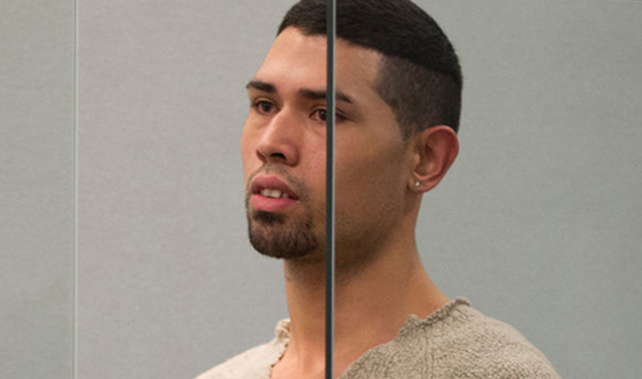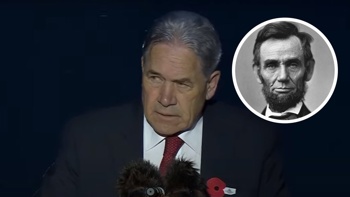
A Corrections review of murderer Tony Robertson's time in the community has found probation staff did everything within their power to prevent him re-offending.
The 28-year-old was under GPS monitoring and other release conditions when he violently killed Auckland mother Blessie Gotingco.
He'd just spent eight years in jail for abducting and molesting a five-year-old.
MORE: Otago University's Mark Henaghan - treatment of re-offender Tony Robertson
Lawyer Brian Henry: Tony Robertson and our flawed system for dealing with high-risk offenders
Corrections northern regional commissioner Jeanette Burns reports staff applied an 'intensive level' of offender management, acknowledging "at that time it was found that he was, yes, high risk of offending and the appropriate monitoring was put in around him."
"In this instance, even though there was a terrible, terrible outcome for the Gotingco family that we all feel absolutely sick about, he was monitored over and above that standard."
The review found that while GPS monitoring did not stop Robertson from killing Mrs Gotingco, it was critical to solving the crime and convicting him.
Corrections Minister Sam Lotu-Iiga admits GPS monitoring is supposed to stop re-offending, but does have other purposes.
"It's supposed to help stop offending. Clearly it shows where the location is, but it doesn't tell you what they're doing. The monitoring on the GPS did work, he broke free of that sadly, but the GPS monitoring helped ultimately locate him and help with the prosecution."
The Corrections Department is also standing by a decision not to tell Tony Robertson's neighbours that he was a child molester.
Ms Burns said the report considers it unlikely that telling neighbours of his convictions would have mitigated his level of offending.
"It found that it was the right decision, but going forward, [we've] just [got] to be absolutely certain that we've got a very, very tight process in place."
The Sensible Sentencing Trust also said it appears Corrections did all it could under current laws.
Garth McVicar acknowledges ultimately Robertson was a dangerous, high risk offender who couldn't be rehabilitated.
Calls for a rethink of our current system
There is a call for a serious rethink on how New Zealand deals with high-risk recidivist offenders.
Barrister Brian Henry said this is not a failure by Probation, it's the system that's fatally flawed.
He believes Probation doesn't have the tools to handle such offenders and, furthermore argues high-risk offenders are not people who can be safely let out into the community.
He's calling for a judge to decide at the end of a sentence whether a high-risk criminal can be released, based on recommendations by those who have been looking after the offender in prison.
"If the high court judge gets a case book for it that shows clearly this is a real high risk, shouldn't be released, then we administratively hold them for as long as we have to", Mr Henry said.
"We have to develop a way of managing these people where they are under control and not allowed free. A lot of these guys will kill."
Brian Henry represented Susan Couch, who was almost beaten to death by William Bell at the Mt Wellington-Panmure RSA while he was under Probation monitoring.
Take your Radio, Podcasts and Music with you









